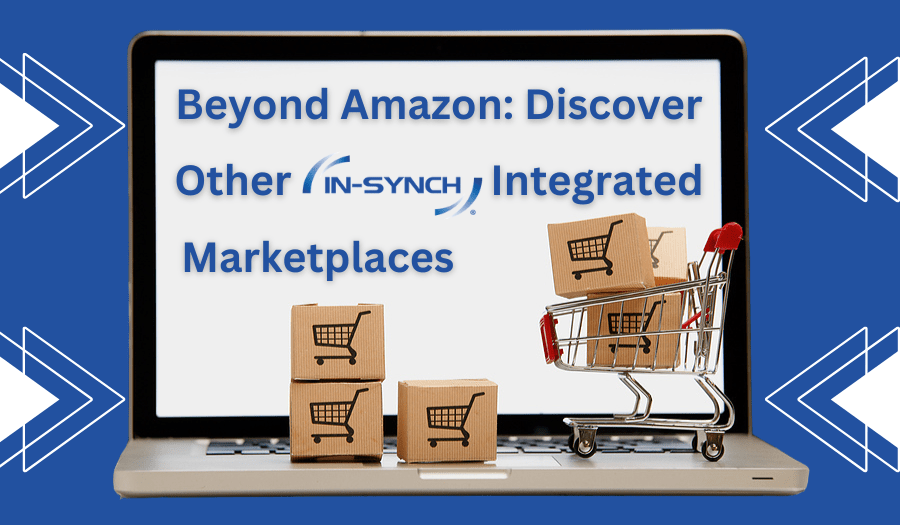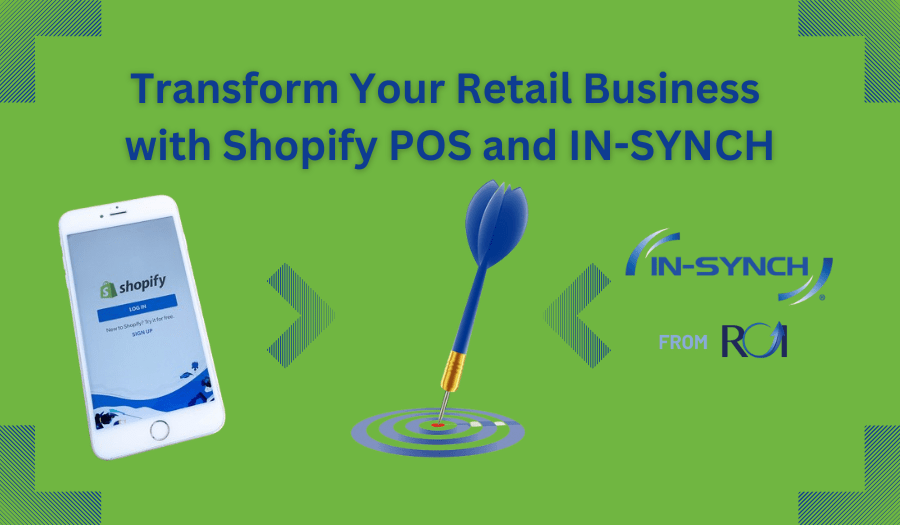By Ruth Richter • April 03, 2019
For those of us who watch every penny when we shop, one of the best things about online shopping used to be the lack of sales tax. If you happened to live in a state or county where sales tax was particularly high, every dollar counted when you could shave a few percentage points off every charge by shopping online.
All that changed in mid-2018 with South Dakota v. Wayfair, where in a 5-4 decision, the Supreme Court overruled several older cases and voted in favor of South Dakota collecting sales tax from online retailers who sold into South Dakota, regardless of whether they had a sufficient physical presence—or “nexus” —in the state. Now the new law has thrown the idea of nexus out the window, as it were, and companies need to know what to do about it.
Just the Basics
This decision doesn’t only affect South Dakota: It impacts all states. Any state is now allowed to require retailers to collect and remit sales tax on all out-of-state purchases. While this is intended to protect local businesses by equalizing what out-of-state retailers pay in taxes, it hits the consumer’s wallet a little harder. It makes tax collection for retailers a little more complicated, as well.
First, retailers will need systems that are set up to collect and report sales tax for whichever state the customer lives in. With every state having its own tax laws and percentages, that can get complex fairly quickly. It applies whether a company is selling its own products or like eBay and Amazon, facilitates an online marketplace for third-party sellers. A company that sells on Amazon and its own ecommerce store needs to have systems set up to collect sales tax from transactions on both platforms.
Automate the Sales Tax Calculations
If entering sales tax for 50 states into your system and matching it automatically to orders based on the state of origin makes you want to move out of the country, there’s a better way. Automated sales tax platforms can handle your sales tax calculations, reporting, and filings in minutes. They can also look up tax rates in any jurisdiction, smooth out the ecommerce checkout process for customers no matter what state they’re in, and integrate all that information instantly into your Sage 100 ERP.
We have customers who use sales tax platforms Avalara and TaxJar which take the guesswork out of figuring, collecting, and filing state taxes. These solutions integrate into the most popular ecommerce platforms—including Magento, Shopify, and Woo Commerce—as well as marketplaces such as Amazon. The beauty of tools such as TaxJar and Avalara is that it doesn’t matter if your customer is located in the same state, across one border, or on the opposite coast.
Sales Tax Integration with IN-SYNCH®
For simpler taxation cases, we have customers who use TaxJar to calculate taxes on the website and bring the sales tax into Sage 100 as a miscellaneous charge. For customers who have complicated sales tax schedules and need total integration with Sage 100, Avalara seems to be the best choice.
See first-hand why Sage 100 customers choose IN-SYNCH to complete their ecommerce initiatives. Contact us here or call 402-934-2223, ext. 101.




